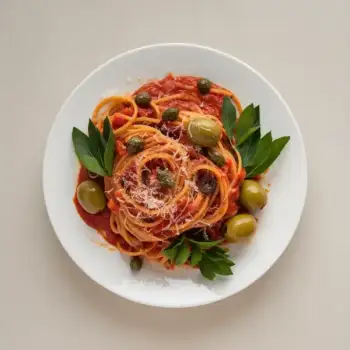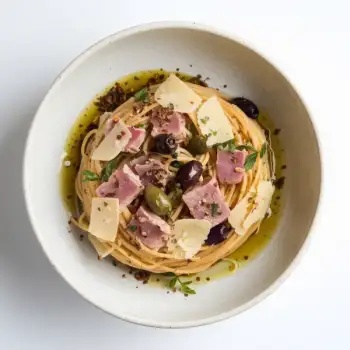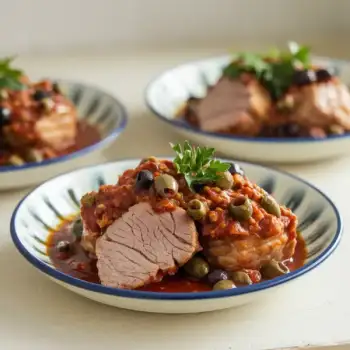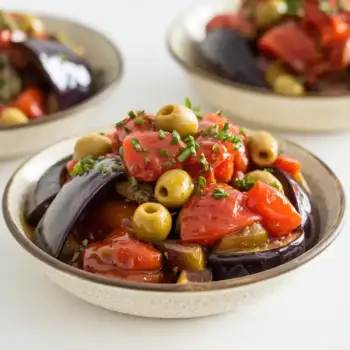


Dried
Capers that have been air-dried. They have a more concentrated flavor and need to be rehydrated before use.
Canned
Capers that are preserved in a can, typically in brine. They are convenient and have a long shelf life.
Salted
Capers that have been preserved in salt. They have a strong, concentrated flavor and need to be rinsed before use to remove excess salt.
Pickled
Capers that have been preserved in vinegar or brine. They have a tangy, sour flavor and are ready to use straight from the jar.




dried capers: Spice Jungle
canned capers: Reese
salted capers: Gustus Vitae
pickled capers: Roland

Frying: Frying capers in oil until they are crispy is a popular method. This not only intensifies their flavor but also gives them a crunchy texture. They can be used as a garnish for dishes like pasta, fish, or salads.
Chopping: Chopping capers and adding them to sauces, dressings, or marinades is another common use. This allows their flavor to be distributed more evenly throughout the dish.
Pickling: Capers are usually pickled in a brine of vinegar or wine. This gives them their characteristic tangy, salty flavor. They can be used straight from the jar, or rinsed to reduce their saltiness.













